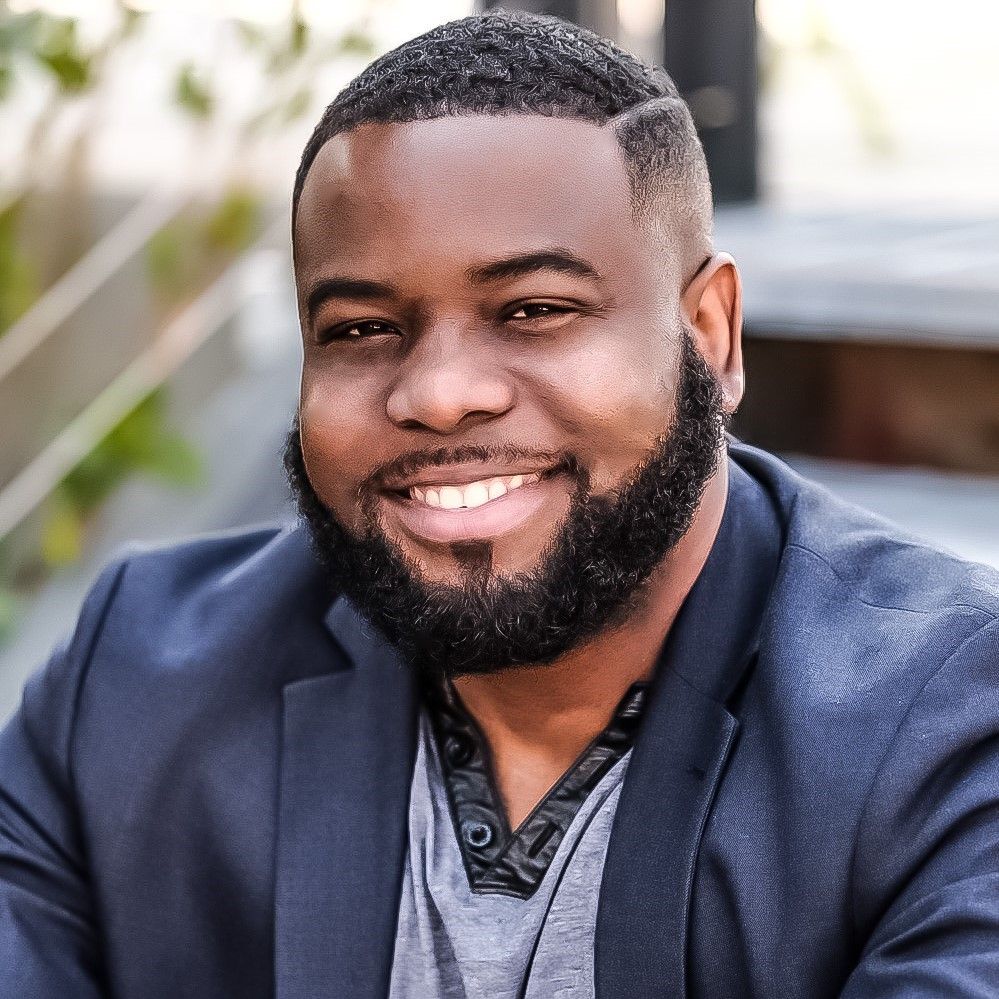As the entire world was flipped upside during the COVID-19 Pandemic, the question on everyone’s mind: How do we slow down the spread? In the US, after the initial state-enforced lockdown period, businesses needed a way to begin opening safely. As a result, an abundance of companies began partnering with research institutions to generate COVID-19 tracking technologies.
At this time most of the technologies consist of self-reported data. For example, How We Feel is a technology launched by Pinterest in collaboration with researchers from MIT and Harvard (1). People can use the app to record their health information and location daily. Scientists can use the data to understand how the virus is spreading, while individuals can use the data to understand the risk in particular areas. Another app COVID Symptom Study was launched by a health science company Zoe in collaboration with King’s College London, Massachusetts General Hospital and Stanford (2). This study also gathers self-reported data to understand new symptoms and the spread of the virus. This platform offers a more global reach as it is tracking people in the US and the UK. These are two examples of a multitude of applications that use self-reported data to inform people of personal risks to COVID-19 and help scientists to better understand the spread.
Although the information from these types of apps have been very useful, there are several drawbacks. Namely, self-reported data is inherently flawed and the data must assume that people are consistently updating the app and they are honest. Also, one of the nuances of this virus is the presence of asymptomatic carriers who are spreading the disease. For these individuals, self-reported symptom data is negligible because it does not give an accurate representation of virus spread in the area. As a result, companies began turning to remote diagnostic tools in addition to self-reported data, such as digital thermometers and pulse oximeters. This would allow people to also monitor tangible symptoms.
One company, Oura, took this one step further. Oura is a wearable technology ring that originally aimed to monitor pulse, movement, temperature and sleep quality to give people an overall picture of their health (3). During COVID-19 they partnered with several research institutions including UCSF, West Virginia University Rockefeller Neuroscience Institute and WVU medicine, to accelerate early detection of COVID-19 symptoms (3, 4). Early results have shown promise for this device to predict COVID-19 symptoms, namely meaningful changes in body temperature, respiratory rate, resting heart rate, and heart rate variability. As a result, Oura launched the Health Risk Management (HRM) Platform and is partnering with the NBA and the Las Vegas Sands to monitor their reopening processes. The HRM Platform is a voluntary, opt-in program that allows employees to share health information with their employers (3). This information can guide companies and identify outbreaks before they become unmanageable.
It appears that some combination of self-reporting symptoms and remote diagnostic tools gives the best picture of overall health. It is unreasonable to expect everyone to begin purchasing and wearing devices to constantly monitor health; however, obtaining this information from pockets of areas may still give insights into outbreaks and symptom progression. We are still in the infancy of information regarding COVID-19, so gathering as much information as possible is invaluable and will guide how we continue to monitor and treat outbreaks in the future.
References:
- Oppenheim, S. (2020, April 07). Consumer Data To The Rescue? How Tech And Researchers Are Illuminating The Spread Of COVID-19. Retrieved November 20, 2020, from https://www.forbes.com/sites/serenaoppenheim/2020/04/06/consumer-data-to-the-rescue-how-tech-and-researchers-are-illuminating-the-spread-of-covid-19/
- COVID Symptom Study - Help slow the spread of COVID-19. (n.d.). Retrieved November 20, 2020, from https://covid.joinzoe.com/us
- Accurate Health Information Accessible to Everyone. (n.d.). Retrieved November 20, 2020, from https://ouraring.com/meet-oura
- Godwin, J., Kryder, C., Oura-Admin, Articles, F., & Articles, R. (2020, October 14). UCSF TemPredict Study. Retrieved November 20, 2020, from https://ouraring.com/ucsf-tempredict-study
- Godwin, J., Kryder, C., Oura-Admin, Articles, F., & Articles, R. (2020, November 17). Home. Retrieved November 20, 2020, from https://ouraring.com/wvu-rockefeller-neuroscience-institute-and-oura-health-unveil-study-to-predict-the-outbreak-of-covid-19-in-healthcare-professionals

